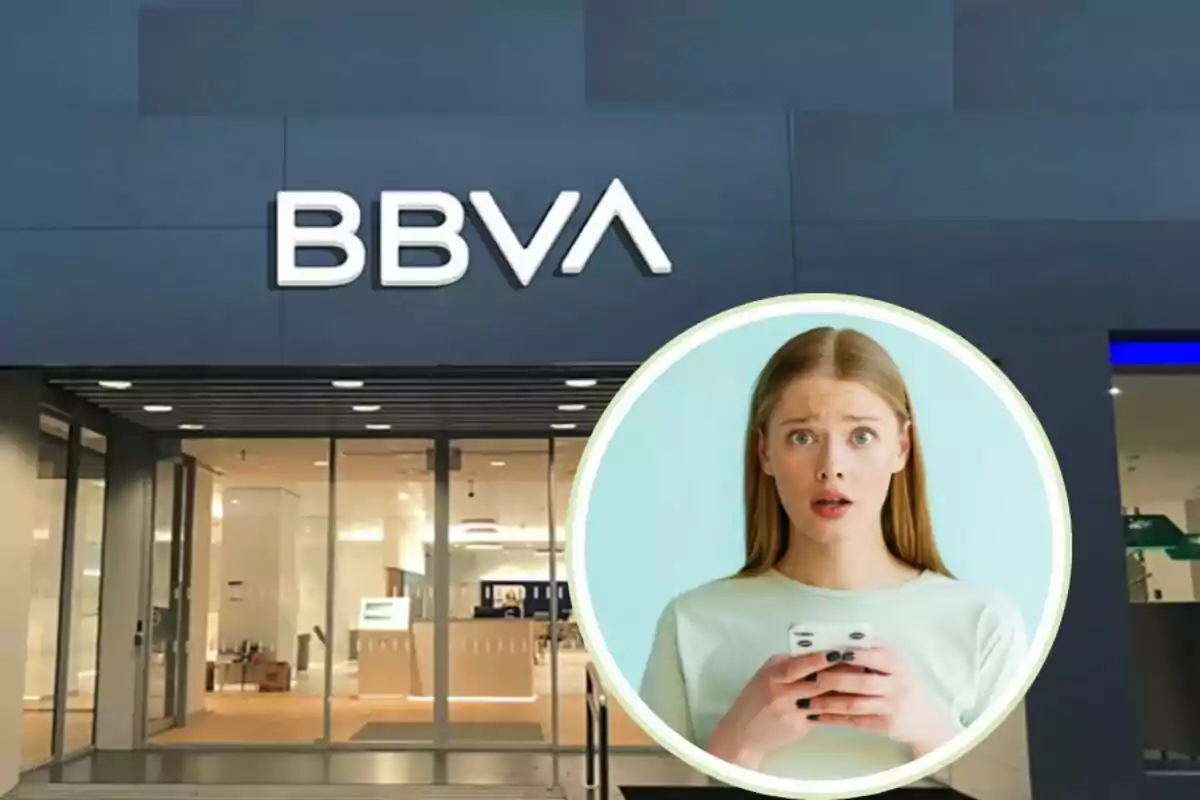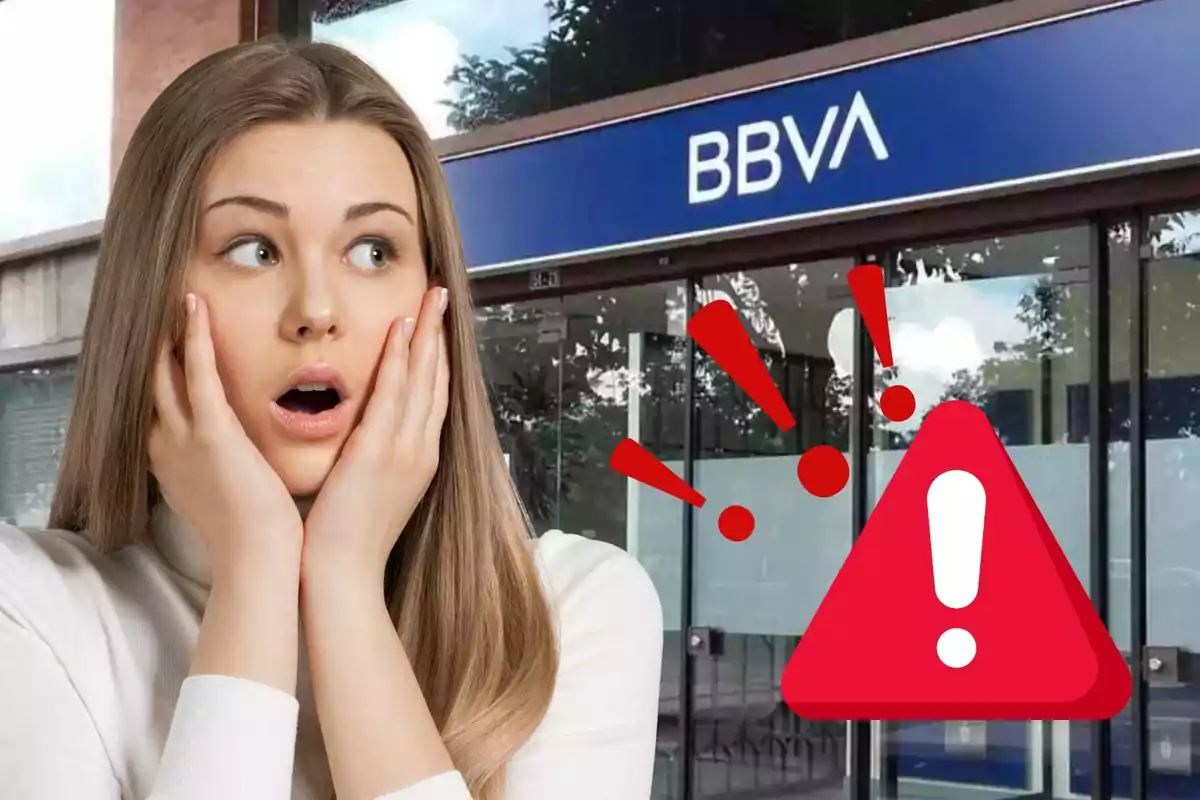
Important Notice from BBVA to Thousands of Spaniards: Be Very Careful with This
BBVA warns about the risks of geolocation and how it can compromise customers' privacy
BBVA, one of the most important banking entities in Spain, has issued a warning to its customers. The bank has warned about a digital risk that many overlook.
It is about geolocation, a feature present in most electronic devices. Although it is useful in many situations, it can also endanger privacy if not managed properly.

Mobile phones, laptops, smartwatches, and even vehicle navigation systems use geolocation. Especially to provide real-time information about routes, weather conditions, or nearby establishments.
However, what many don't know is that this technology also collects a large amount of personal data. These can be used by third parties for various purposes, some of which are not very transparent.
BBVA Warns: Geolocation Is Not as Harmless as It Seems
Geolocation helps users find the fastest way to their destination or share their location with friends. But, at the same time, it is also a very valuable tool for companies.

By accessing customers' location data, many companies can create detailed profiles of their habits and behaviors. This allows them to offer personalized advertising or even predict the user's needs before they express them.
The problem arises when the collection of this data is done massively and without the users' knowledge. Applications and websites that seemingly don't need to access the location may request unnecessary permissions. Thus, they collect information that is later sold or used for other purposes.
BBVA has warned that many people grant these accesses without reading the terms and conditions. This facilitates their data ending up in the hands of third parties without them being fully aware of it.

Beyond the commercial use of geolocation, there is an even more concerning risk. The possibility that location information is used for malicious purposes. By allowing indiscriminate access to this data, users may be revealing their home address, workplace, and routines without realizing it.
BBVA has pointed out that sharing real-time location on social media can be an invitation for criminals. If a person posts that they are on vacation or away from home, they could be providing a key clue for those looking for opportunities to commit burglaries in empty homes.
Additionally, location tracking can be used to follow a person's movements, posing an obvious danger to individual security.

How to Protect Yourself: BBVA's Tips for Maintaining Privacy
To minimize the risks of geolocation, BBVA recommends its customers be more selective with the permissions they grant to applications installed on their devices. It is essential to review which programs really need access to the location and disable this feature in those that don't require it.
Another key measure is to avoid sharing real-time location on social media. Especially if this can reveal information about absence from home. It is also advisable to download applications only from official sources, such as Google Play or the App Store, to avoid fraudulent programs that may collect data without consent.
BBVA reminds that keeping geolocation turned off when not actively used is a simple but effective way to reduce information exposure. If it is necessary to share the location with someone, it is ideal to do so with trusted family or friends and through applications that guarantee security.
More posts: